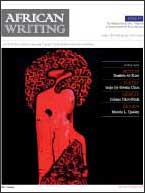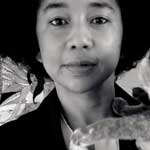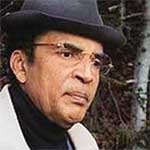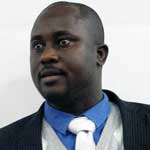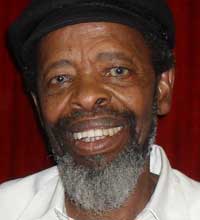A Brief Word on Poetry
No poet creates from nothing. In every culture there is tradition which informs, influences, guides, and inspires the development of artistic expression. The very language that any poet uses was there before that poet was born; it is a product of a people’s collective genius. It achieves the heights and depths of its expressiveness in poetry.
At the risk of trampling on some toes let me point out that there are two major criminals who are a danger to any appreciation of poetry. In the classroom there is the supposed teacher who forces you to endure poetry instead of guiding you to appreciate and enjoy it. Then there is the clown who claims whatever s/he writes and makes you suffer, publicly or privately, is poetry. Perhaps that is even why some people ask what poetry is. I have never heard one person ask what music is; but people appreciate and enjoy it without the help of a single music lesson.
If you are fortunate enough to have survived the obscurantism of your supposed poetry teacher, and liked some poetry enough to want to try your hand at it, you start off by imitating what you have been exposed to and liked. As Lindsay Barrett says, I’ve pointed out elsewhere, “A doll is a child’s first child.” The little girl will re-enact with her “child” the routine activities that she enjoys with her mother. At other times, there will be some improvisations in this role act-playing. She will attribute to the “child”, her doll, what she is critical of in the way her mother actually treats her. She will then criticize her mother, who is now her “child.” This little girl grows up to be a woman and, in this case, let’s say, a mother. In raising her own children, she will utilize the ‘tradition’ of bringing up children, which she was exposed to, socialized into. She will subtract from that tradition what she is critical of and/or add to it her own preference, conviction, feeling and thinking, about how children should be brought up. The imitation that was her initiation and point of departure has now stopped. She is a mother. As would-be poets, we develop like that.
It is important for the would-be poet to read, listen to, study, practisrry and deliver messages; the Post Office, Western Union, or the internet, or the cell phone e, and work hard at poetry. A poem is not an excuse for anything else. A poem does not cawould be more appropriate vehicles for carrying messages. A poem is not an excuse for philosophical, sociological, psychological, political or whatever arguments. Poetry, as Gwen Brooks might say, is life worked with. The poet explores life through expressive language. In this imaginative exploration, the poet worth the label, uses metaphor, the poetic image, poetic logic, dismantling and re-arranging reality to evoke some gesture, some movement of life through the art of eloquence. 
![]()

